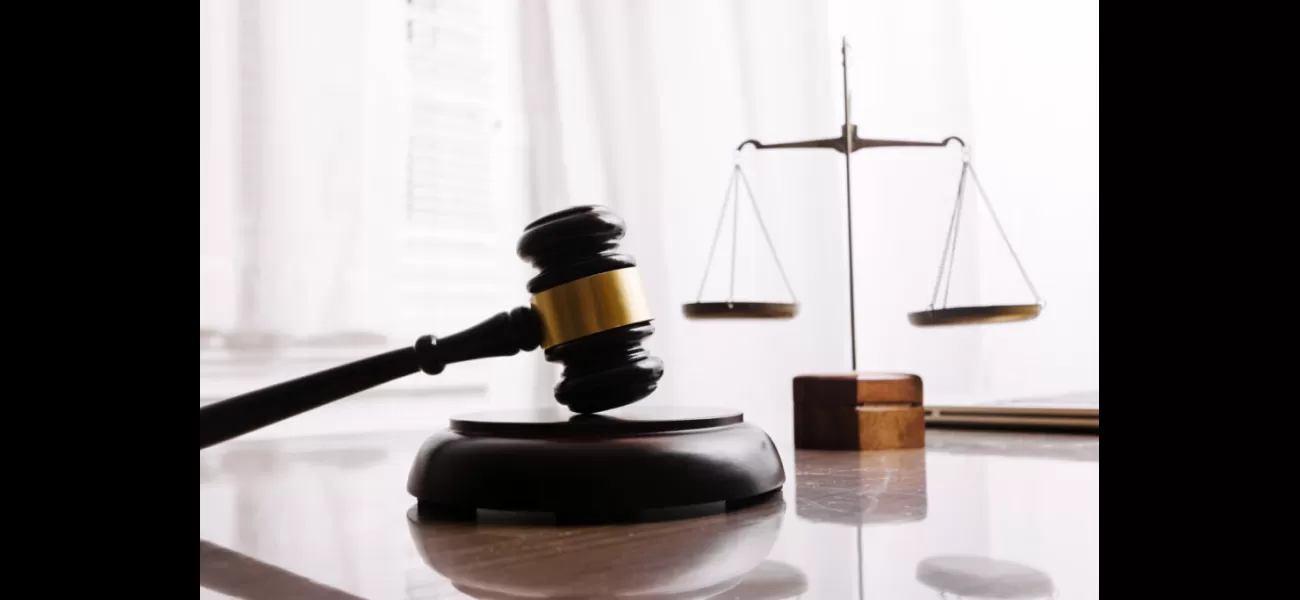Biden Admin seeks loan repayments after changing policy.
Fed. gov't reversing policy to recover past-due loan payments.
January 1st 2024.

The Biden administration is taking action to recover business loans that were given out during the COVID-19 pandemic. Initially, the federal government had declined to pursue small businesses that had taken out funds under the Economic Injury Disaster Loan program, also known as EIDL. This initiative, in combination with the Paycheck Protection Program, has resulted in over a trillion dollars of loans to borrowers since the pandemic began, helping to keep the economy afloat.
However, the Small Business Administration (SBA) has adjusted its policy recently. Business owners who had taken out loans through the PPP were allowed to apply for loan forgiveness, but EIDL borrowers were expected to pay back their loans. The SBA then decided to waive past-due payments of $100,000 or less because of the cost associated with pursuing each delayed payment. This decision was met with criticism from the agency’s inspector general, Hannibal Ware, who argued that it could encourage other EIDL borrowers to avoid paying their loans.
An investigation revealed that up to $30 billion in PPP and EIDL loans of up to $100,000 may be subject to additional sanctions in 2024. This amounts to a 2.5 percent loss of their total portfolios. In order to reduce the financial burden on taxpayers and tackle the $200 billion of fraud uncovered by an SBA OIG report, the government has increased its efforts to collect.
The SBA has announced plans to address these issues in 2024. Borrowers will have a 60-day grace period ending in early March, after which they will be referred to the Treasury Department to face potential sanctions. These sanctions can be severe, so it is important for businesses to stay up to date with their payments.
However, the Small Business Administration (SBA) has adjusted its policy recently. Business owners who had taken out loans through the PPP were allowed to apply for loan forgiveness, but EIDL borrowers were expected to pay back their loans. The SBA then decided to waive past-due payments of $100,000 or less because of the cost associated with pursuing each delayed payment. This decision was met with criticism from the agency’s inspector general, Hannibal Ware, who argued that it could encourage other EIDL borrowers to avoid paying their loans.
An investigation revealed that up to $30 billion in PPP and EIDL loans of up to $100,000 may be subject to additional sanctions in 2024. This amounts to a 2.5 percent loss of their total portfolios. In order to reduce the financial burden on taxpayers and tackle the $200 billion of fraud uncovered by an SBA OIG report, the government has increased its efforts to collect.
The SBA has announced plans to address these issues in 2024. Borrowers will have a 60-day grace period ending in early March, after which they will be referred to the Treasury Department to face potential sanctions. These sanctions can be severe, so it is important for businesses to stay up to date with their payments.
[This article has been trending online recently and has been generated with AI. Your feed is customized.]
[Generative AI is experimental.]
0
0
Submit Comment




